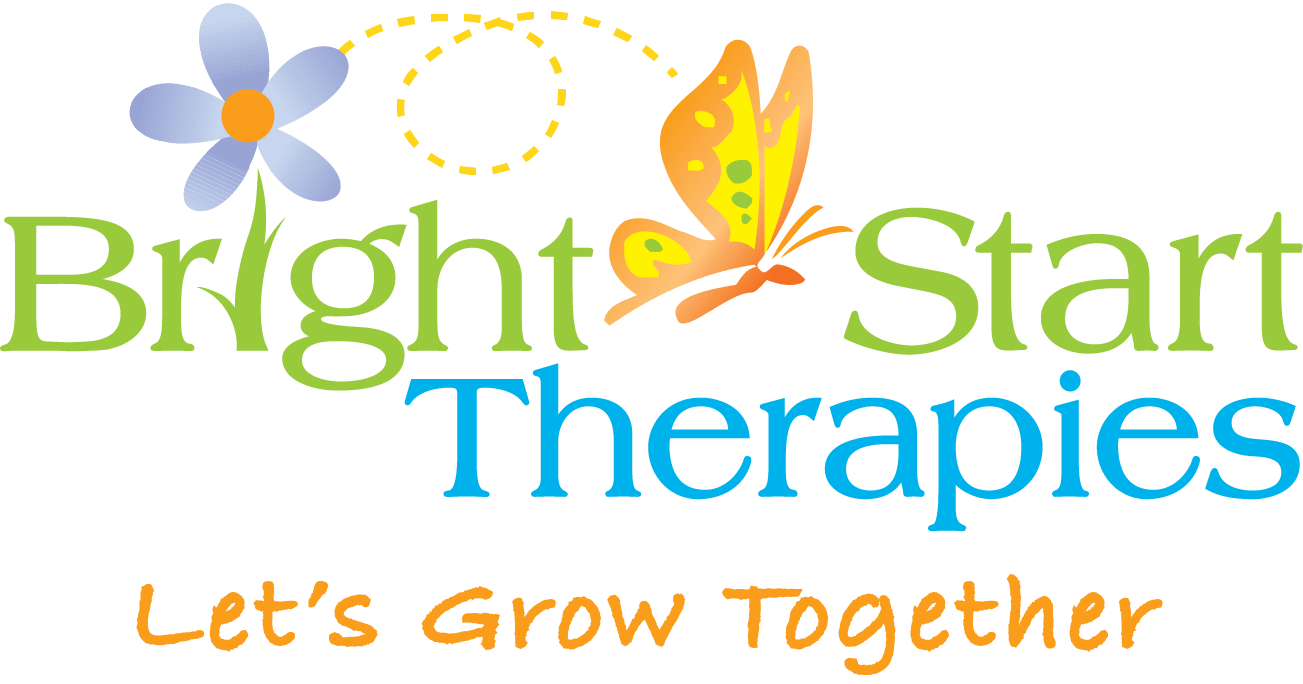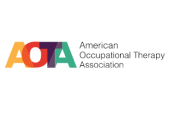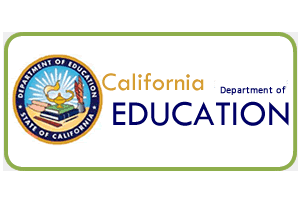What Is
Speech Therapy?
Speech Therapy helps children to understand language and gives them the ability to express themselves. This includes a wide variety of areas such as: receptive and expressive language, speech production skills, oral-motor development, and social-pragmatic skills. At Bright Start Therapies we provide a fun and interactive learning environment by incorporating your child’s interest into their individualized therapy plan. We take pride in setting ourselves apart with the most up-to-date information, materials, and technology available.
Communication
Communication between you and your child is the most important thing! We understand the challenges that accompany speech and language delays. Our goal is for your child to be an effective communicator at home, school, and in the world around them. All of our speech-language pathologists have completed national-qualifying examinations, are nationally and state-certified, and are well known in our community for providing quality speech therapy. Our therapists have both acquired and developed innovative and effective treatment materials for working with children and families. Our well-respected therapists are routinely invited to share their knowledge and expertise in the community!
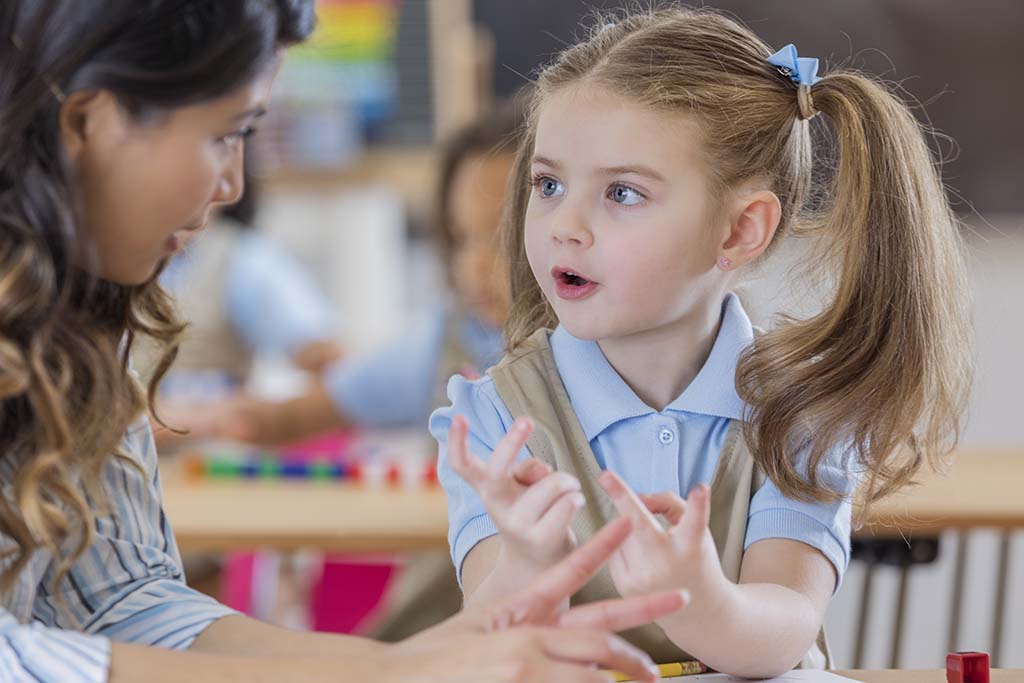
Speech and Language Evaluations
A comprehensive evaluation will uncover your child’s strengths as well as areas that may need some more attention. Effective therapy is dependent on a comprehensive and thorough evaluation. We listen to your concerns and plan the assessment based on your child’s individual needs. We know a comprehensive assessment will provide your child with the specific therapy they need moving forward.
We Use A Collaborative Therapy Model!
We value our parents and caregivers as part of our “team approach” in order to develop a comprehensive and thorough treatment plan to assist in your child’s speech-language skill development as well as to support carryover of those skills at home, school, and within the community.

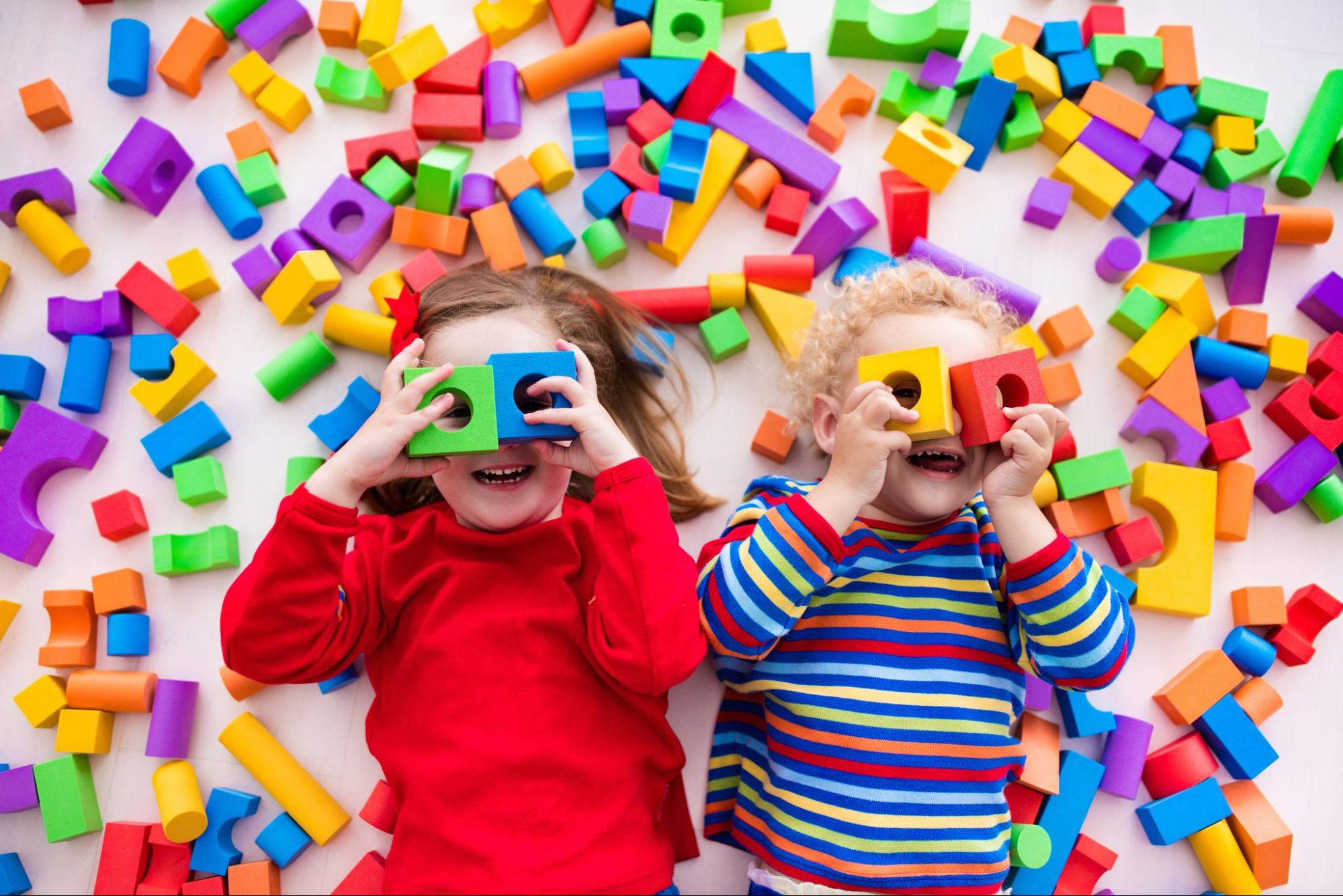
We Know Children Learn Best When They Are Engaged!
We use your child’s interests, our expertise and knowledge, and a whole lot of creativity to connect with your child and create a bond that builds confidence while developing the necessary skills to succeed!
Questions
Frequently Asked
What is a Speech Disorder?
Speech disorders are types of communication disorders where normal speech development is disrupted. Speech disorders affect a child’s ability to form sounds and words. There are many types of speech disorders including: Articulation, Childhood Apraxia of Speech, Phonological Process Disorders, Stuttering, Cluttering, Dysarthria, Voice and Muteness.
What is a Language Disorder?
A Language disorder is a communication disorder characterized by difficulties in the comprehension and use of language. These difficulties can include a range of problems including: vocabulary development and use, grammar and sentence structure, difficulty holding meaningful conversations or getting thoughts out clearly, difficulty understanding others, interpreting and processing words, problem solving or difficulty listening just to name a few.
What is a Receptive Language Disorder?
Receptive language includes the skills involved in understanding language. Receptive language disorders are difficulties in the ability to attend and listen to, process, comprehend, and/or retain spoken language.
What is an Expressive Language Disorder?
Expressive language includes the skills involved in communicating one’s thoughts and feelings to others. Expressive language delays are characterized by difficulty in language output, including communicating personal thoughts and feelings into understandable, organized, and grammatically correct verbal language.
What is Social Pragmatic Language Disorder?
Children with social pragmatic difficulties demonstrate deficits in social cognitive functioning and difficulty using language in social situations during interactions with others, such as greetings, sharing information, adapting or repairing conversations, when needed, understanding figurative language or things that are implied but not explicitly stated, having two-way reciprocal conversations and storytelling. A breakdown understanding the “rules” of language for social use.
How do I know if my child needs an evaluation?
A comprehensive evaluation may be needed if your child is not meeting, or is slowly meeting, speech and language development milestones, is at risk for a speech/language disorder due to the presence of another condition such as Down Syndrome or Autism, or if there is a family history of speech and language disorders. If you have concerns it’s always best to ask a professional.
What happens when my child has a speech and language evaluation?
Prior to the evaluation
Parents complete a questionnaire regarding their concerns and the child’s medical, developmental, and educational history. We may request medical information from the child’s pediatrician, and we may also request information from other medical or educational professionals who have evaluated the child.
During the evaluation
Your child’s medical, developmental, and educational history is carefully reviewed. Parents are interviewed regarding their concerns and the child’s history. This information helps the Speech-Language Pathologist identify areas to evaluate more closely.
A variety of methods, including formal and informal tests, observation, parent/caregiver interview, and play-based activities will be used to evaluate your child’s speech, language, cognition, and voice. Selection of testing methods is based on your child’s individual needs. Parents are encouraged to observe during the evaluation and participate in the interview process.
Following the evaluation
Initial results of the evaluation and recommendations are reviewed with you (and your child if age appropriate). A written report detailing evaluation results will be mailed to your home.
Will I attend my child’s speech therapy sessions?
It is important for parents to participate in their child’s therapy for optimal success and carry over in other settings. Parent participation may include: in-room therapy participation, out of room observation (through observation windows), and completion of home activities.
How long will my child have speech therapy before they catch up to his or her peers?
Each child will be different and the success of your child's development is dependent upon many factors: The type and severity of the disorder, dedication to home practice and collaboration with others working with your child. Giving your child all the best tools for success will ensure they are on the fastest path to growth.
Is my child a late talker or do I need to be concerned?
The typical speech and language development for most children is to use single words at age one, combine two or more words by age two, and three or more words at age three. There can be many reasons why children don’t talk at early ages. Some of these reasons might be related to problems with hearing, muscle coordination, learning or experience. The best way to find out if there is a problem that your child needs help with is to get a professional assessment conducted by a speech-language pathologist. Why wait when you can get a professional answer and ease the frustration your child may have by not being able to fully communicate their needs with you.
Areas we provide therapy:
Attention – Deficit /Hyperactivity Disorder
Autism Spectrum Disorder
Articulation/ Phonology
Auditory Processing Disorder
Augmentative and Alternative Communication
Cerebral Palsy
Childhood Apraxia of Speech
Cleft Lip and Palate
Developmental Delays
Down Syndrome
Dysarthria
Dyslexia
Executive Functioning Deficits
Expressive/Receptive Language Disorders
Fluency/Stuttering Disorders
Fragile X Syndrome
Hearing Loss
Orofacial Myofunctional Disorders
Phonological Awareness/Pre-Reading Skills
Preschool Language Disorders
Selective Mutism
Sensory Feeding Delays
Sign Language for Infants & Toddlers
Social/ Pragmatic Communication Skills
Speech Delay
Speech Sound Disorders
Voice Disorders
Working Memory

